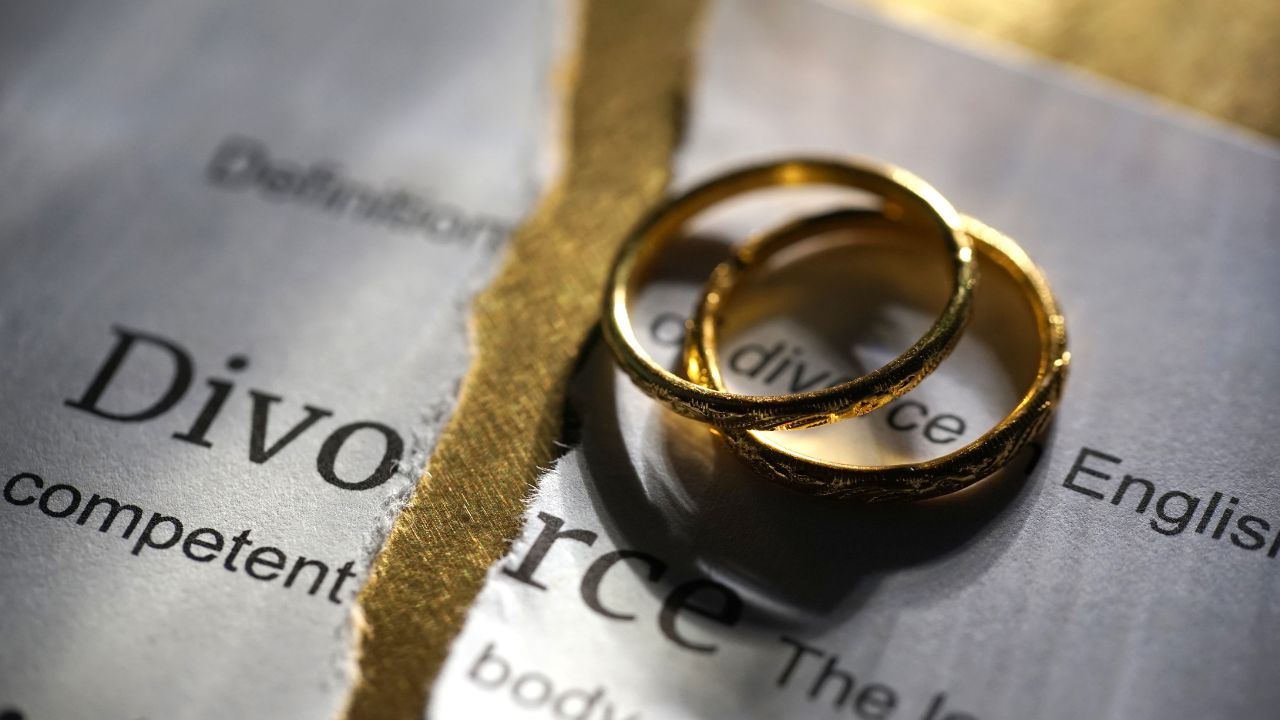
INQUIRER.net stock images
MANILA, Philippines — The final vote tally for House Bill (HB) No. 9349 or the proposed Absolute Divorce Act has been corrected, now reflecting 131 affirmative votes, with no changes to the negative votes and abstentions.
During the tail end of the House of Representatives’ session on Monday, Senior Deputy Speaker Aurelio Gonzales Jr. said he was informed by the secretariat that there was a correction on the bill’s nominal voting.
“Before we continue, the chair would like to manifest that he was informed by the secretariat of a correction in the result of the nominal voting on House Bill No. 9349 or the Absolute Divorce Bill that the body approved on third reading last May 22, 2024,” Gonzales said.
READ: House revises ‘yes’ vote on divorce bill’s approval to 131 from 126
“Based on the secretariat’s review of all the votes cast on the said House Bill, the final validated result of the nominal voting on House Bill No. 9349 indicated 131 instead of 126 affirmative votes, 109 negative votes and 20 abstentions. In view thereof let the records reflect the said result,” he added.
HB No. 9349 was originally approved with 126 lawmakers voting in the affirmative, 109 in the negative, and 20 abstentions, during the last session day of the 19th Congress’ second regular session.
READ: Sotto insists divorce bill was approved incorrectly: That’s not legal
READ: Sotto says divorce bill lacked votes in House; Lagman says abstentions not counted
An error in the tally
However, a day after, House Secretary General Reginald Velasco announced that there was an error in the tally of the votes, as 131 lawmakers voted in the affirmative.
Velasco initially said that the correct vote tally would be reflected in the House records when session resumes on July 22, or before President Ferdinand Marcos Jr.’s third State of the Nation Address.
“This is to respectfully inform the Honorable Members that the actual results for the voting of House Bill No. 9349, entitled: ‘An Act Reinstituting Absolute Divorce as an Alternative Mode for the Dissolution of Marriage’ are as follows: 131—affirmative votes; 109—negative votes; and 20—abstentions,” Velasco said in a statement relayed by House media officials last May 23.
“The earlier announced results was 126 in the affirmative, 109 in the negative and 20 abstention. The rectification in the Records of the House will be done when Session resumes this July 2024,” he added.
However, former Senate president Vicente Sotto III believes that the House altered the number of affirmative votes just to fit his computation on the number of yes votes to generate an approval for the bill.
Without sufficient votes?
After the Absolute Divorce Bill was approved with 126 votes, Sotto claimed that the bill was passed by the House without getting a sufficient amount of votes—as those who voted in the affirmative were less than half of lawmakers present.
Since HB No. 9349 was approved with a tally of 126-109-20, this meant that there were 255 lawmakers who participated in the voting process. Sotto believes that for HB No. 9349 to be approved on third reading, 128 lawmakers—over half of the 255—should have given the thumbs-up.
With the new tally, it appears that 260 lawmakers were present in the quorum, which means following Sotto’s logic, the majority vote should be 131—or the exact number of affirmative votes in the final tally.
“The House changed the number (of yes vote tally) this morning. It’s now 131 yes votes. They earlier claimed I was the one mistaken. They are just cheating themselves,” Sotto told INQUIRER.net in a text message.
“They later realized that I was right!” he added.
Albay Rep. Edcel Lagman, a staunch divorce bill advocate, said however that the rule of the House is simple—if the yes votes are more than the no votes, the bill is approved.
Lagman confirmed that the passage of the divorce bill was anchored on Section 117 of the 19th Congress’ House rules, part of which state that an “abstention shall not be counted as a vote. Unless otherwise provided by the Constitution or by these rules, a majority of those voting, there being a quorum, shall decide the issue”.